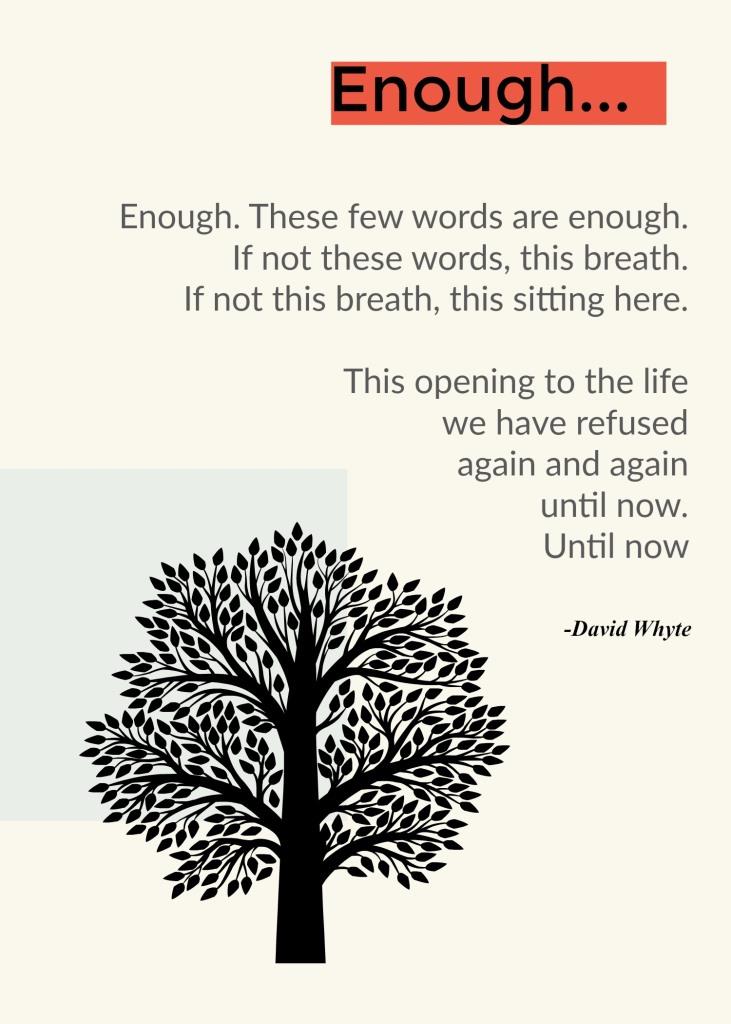
The work of David Whyte moves between literary, psychological, theological and vocational worlds. As Whyte explains, his poetry and philosophy comes from “the conversational nature of reality.”
Born in 1955 in Mirfield Yorkshire, his poetry was influenced by bother his mother’s Irish heritage and what he called his “Wordsworthian childhood” in West Yorkshire. But his early life didn’t reflect his passion for poetry and philosophy. Instead, he received a degree from Bangor University in Marine Zoology.
Following his undergrad, he lived in the Galapagos Islands, working as a naturalist. He became quite the world traveler, leading various anthropological and natural history expeditions through the Andes, the Amazon, and the Himalayas.
It wasn’t until after Whyte moved to the States in 1981 that he began his career as a poet. In 1987, he began to share both his philosophy and writing with larger audiences. In an interview with Spirituality Health, he reflects on the role poetry and philosophy have played in his life, explaining that “I felt it in my infancy and first started articulating it in my early teens, but I actually thought that everyone was like this. So it was quite a surprise when people would be taken aback by the insights in my thoughts or my poetry.”
His first poetry collection, Songs for Coming Home, was published in 1984. Now, he boasts 7 volumes of poetry and 4 books of prose. Whyte has received an honorary degree from Neuman College in Pennsylvania. In 1994, he topped the best-seller list in the United States for his book The Heart Aroused: Poetry and the Preservation of the Soul in Corporate America. Whyte is an associate fellow at both Templeton College and Saïd Business School in Oxford.
In 2014, he published his book Consolations: The Solace, Nourishment and Underlying Meaning of Everyday Words. In an interview about this book, Whyte says that “there must be a place for everything in the human soul…it’s just a question of where they are in the hierarchy of experience.”
As human beings, it’s important to keep asking questions, and looking at the world around us. As Whyte reminds us, “you ask [a beautiful question] with your body. You ask it with your longing. And you can ask a beautiful question in complete silence with no verbalization whatsoever, just in the way you’re paying attention.”
